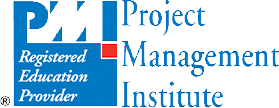



























































Customer Service Breakthroughs
On completion of this course, you should be able to:
- Identify priority improvement areas
- Understand your role and importance as a customer service provider
- Create “fans” and “advocates”
- Manage attitudes and emotions to ensure a consistent, positive customer experience
- Deal with complaints and conflict situations
Who is this Customer Service course for?
This course is designed for customer service staff who deal with internal or external customers, both face-to-face or by phone, along with customer service team managers or leaders.
Upcoming Customer Service Breakthroughs Course Dates
Choose from the dates below to secure your enrolment in one of our upcoming classes


"Thank you Jackie so much again for putting together such an insightful presentation. As I mentioned, the feedback so far has been really positive and a few people I have spoken to in the office today have already made some tweaks to their default settings. Your presentation skills were some of the best I’ve seen, and I was impressed with how you were able to navigate between screens despite the technical challenges. Thank you again!"


"As a school Principal, I greatly value practical training that delivers immediate and measurable improvements in productivity. The "Working Sm@rt with Microsoft Outlook" workshop facilitated by Priority Management exceeded all expectations."


“I recently had the privilege of taking a refresher course on Microsoft Outlook, and it was nothing short of transformative. It was a wake-up call for me, realizing that I had been using Outlook for years, yet there was so much more to learn and exploit.”


“It changed my life really. I felt like I’d been baptized at the end- I really felt so much lighter and freer! I’m in control of my life, actually I can, I can work the way I want to work.”


“Enjoyed the session and got a few great tips and better ideas on managing emails and tasks thanks so much.”


“Working with Priority Management as an organisation, [I’ve learned] that it’s not actually about the computer programs. It’s about the way in which you use those to work together.”


“Went into the course thinking I would learn a few tips on using MO more efficiently, came out with a breakthrough on how I could be the high performer I want to be and still have a life.”
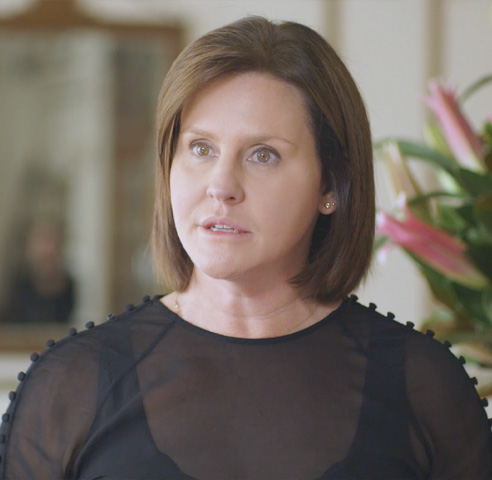

“They’re always there to support you and they’ve even made the Most staunchly paper driven people challenge what they do and find a way to be paper light, if not paper gone.”



“Outlook to me was just a repository for emails, but now it is transformed into a powerful automated planning tool. Thank you Mary! I also like how you consider typography when setting up the layout and solution.”


“Such a great course. Thoroughly enjoyed the training and learned so many new things that I know will benefit both myself and the organisation.”
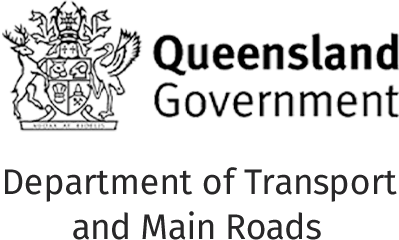

“I had no idea of how much I didn’t know. This is a game changer for efficiency and organisation.”
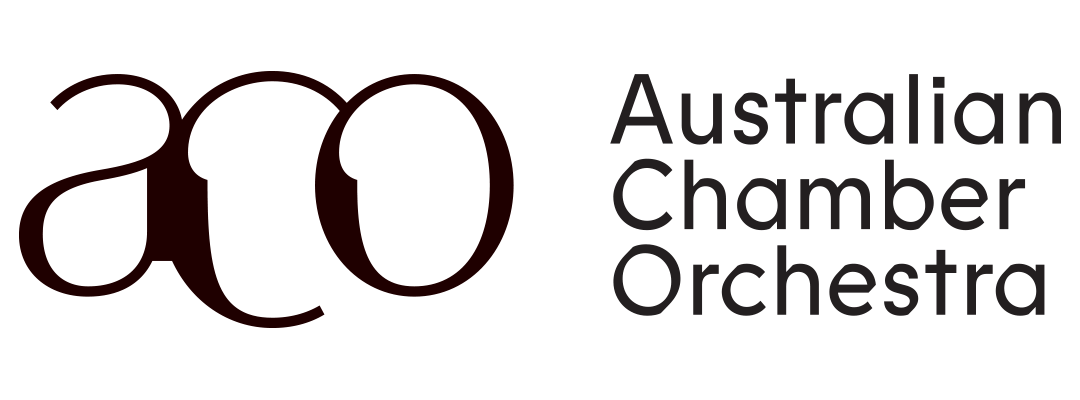

“The Australian Chamber Orchestra has engaged Priority for 15 years to conduct Outlook training, which is considered an important component of our induction process to assist with productivity. It’s always a pleasure to liaise with Priority Management. As a participant, I found the online workshop to be informative, educational, fun, and engaging.”


“Thanks for putting on such amazing training sessions for our employees over the past 2 weeks, we have had incredible feedback about how valuable they found the Outlook training and how great a facilitator Dani is. One employee reached out saying it was the best training she has ever done, which is a testament to how good the content and facilitators are!”



“Mary was very knowledgeable on the material and able to answer any queries quickly and effectively, there are many strategies that I took from the training that will allow me to build on previous knowledge and be more effective working within Outlook.”


“A HUGE thank you for the OneNote training that I completed. Having completed courses previously, I was expecting similar basic content and a struggle to say engaged. I was pleasantly surprised by Marys knowledge and ability to engage all attendees from beginners through to more advanced users, covering a range of skills, including more advanced use scenarios. I learnt a lot and have already applied many of the skills that I learnt.”
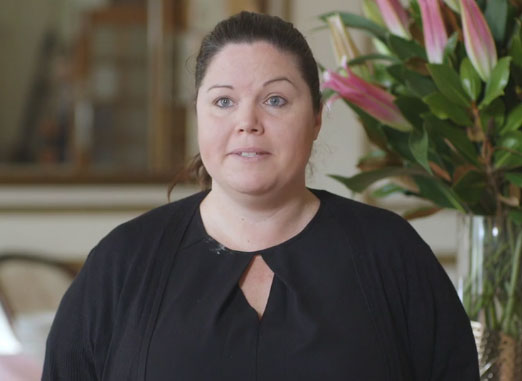

"But also the programs were fabulous because they are really practical. It’s not just here’s how you use it. It’s really about how you embed it into your everyday work life which is what I like about it."


"Thank you Jackie so much again for putting together such an insightful presentation. As I mentioned, the feedback so far has been really positive and a few people I have spoken to in the office today have already made some tweaks to their default settings. Your presentation skills were some of the best I’ve seen, and I was impressed with how you were able to navigate between screens despite the technical challenges. Thank you again!"


"As a school Principal, I greatly value practical training that delivers immediate and measurable improvements in productivity. The "Working Sm@rt with Microsoft Outlook" workshop facilitated by Priority Management exceeded all expectations."


“I recently had the privilege of taking a refresher course on Microsoft Outlook, and it was nothing short of transformative. It was a wake-up call for me, realizing that I had been using Outlook for years, yet there was so much more to learn and exploit.”


“It changed my life really. I felt like I’d been baptized at the end- I really felt so much lighter and freer! I’m in control of my life, actually I can, I can work the way I want to work.”


“Enjoyed the session and got a few great tips and better ideas on managing emails and tasks thanks so much.”


“Working with Priority Management as an organisation, [I’ve learned] that it’s not actually about the computer programs. It’s about the way in which you use those to work together.”


“Went into the course thinking I would learn a few tips on using MO more efficiently, came out with a breakthrough on how I could be the high performer I want to be and still have a life.”


“They’re always there to support you and they’ve even made the Most staunchly paper driven people challenge what they do and find a way to be paper light, if not paper gone.”



“Outlook to me was just a repository for emails, but now it is transformed into a powerful automated planning tool. Thank you Mary! I also like how you consider typography when setting up the layout and solution.”


“Such a great course. Thoroughly enjoyed the training and learned so many new things that I know will benefit both myself and the organisation.”


“I had no idea of how much I didn’t know. This is a game changer for efficiency and organisation.”


“The Australian Chamber Orchestra has engaged Priority for 15 years to conduct Outlook training, which is considered an important component of our induction process to assist with productivity. It’s always a pleasure to liaise with Priority Management. As a participant, I found the online workshop to be informative, educational, fun, and engaging.”


“Thanks for putting on such amazing training sessions for our employees over the past 2 weeks, we have had incredible feedback about how valuable they found the Outlook training and how great a facilitator Dani is. One employee reached out saying it was the best training she has ever done, which is a testament to how good the content and facilitators are!”



“Mary was very knowledgeable on the material and able to answer any queries quickly and effectively, there are many strategies that I took from the training that will allow me to build on previous knowledge and be more effective working within Outlook.”


“A HUGE thank you for the OneNote training that I completed. Having completed courses previously, I was expecting similar basic content and a struggle to say engaged. I was pleasantly surprised by Marys knowledge and ability to engage all attendees from beginners through to more advanced users, covering a range of skills, including more advanced use scenarios. I learnt a lot and have already applied many of the skills that I learnt.”


"But also the programs were fabulous because they are really practical. It’s not just here’s how you use it. It’s really about how you embed it into your everyday work life which is what I like about it."


"Thank you Jackie so much again for putting together such an insightful presentation. As I mentioned, the feedback so far has been really positive and a few people I have spoken to in the office today have already made some tweaks to their default settings. Your presentation skills were some of the best I’ve seen, and I was impressed with how you were able to navigate between screens despite the technical challenges. Thank you again!"


Learn more about Customer Service Breakthroughs
Overview
Audience
Format
What's Included
Unit 1 – The Value of Customers
Every point of contact with a customer is a “moment of truth” for them. You will appreciate why each contact is a memorable event for them, and how they want to be treated by us. We will overview the importance of customers to your organisation. As we all are, and all have internal customers, we will recognise their special needs. We will illustrate the impact customers have on sales and profits and study the things we can do to build customer loyalty. You will understand the actions that make them satisfied and come back, and what turns them off. Finally, in this unit, we discuss how we learn and continue to keep learning.
Unit 2 – Quality Service
We will discuss how we can improve the quality of our service, why we need to set certain standards, what servicing activities require standards, and how to measure whether they are met. You will learn what “all customers are not equal” really means and be able to calculate the worth of each customer. We will explore the ideas of perception and reality, learn ways to manage our customers’ expectations about our products and services. Finally, we look at the dangers of over-promising and under-delivering, and how we can avoid that trap.
Unit 3 – Communications
Whenever we communicate with our customers – face to face, on the telephone, or in writing, we are exchanging information, ideas, and feelings. You will learn and practice the skills of questioning, listening, receiving feedback, understanding verbal behaviours (the words we use and how we say them), and non-verbal behaviours (the way we come across, our body language). You will understand why first impressions are crucial, and how you can continually build rapport with your customers. You will also learn telephone etiquette and techniques – how we ‘behave’ on the phone, and how we apply our skills and knowledge. For those of you who use email as your main communication, there are some useful tips on giving customer service by email. At the end of this unit, there is an opportunity to put all these skills together in simulated case studies.
Unit 4 – Self-Management
We start this unit by examining the relationship between attitudes and behaviours. Once we understand how they interact, we are better able to manage our own, and positively influence our customers. We will also learn that our attitudes are significantly more important than our aptitudes, and how to control how we feel. As a substantial part of our product and service knowledge is to educate our customers, you need to understand their learning process, and adapt the way you ‘teach’ to each customer. Many of you will be required to cross-sell or up-sell – some regularly and others only on specific occasions. We will review the skills you need to do this. We end this unit by discussing several important aspects of self-management. First, how we value and use our time, and how we manage our priorities. Second, how we recognise the warning signs and manage stress. Third, how we develop our personal power and continually gain confidence. And finally, how we develop new skills, learn how to improve old ones, and learn from mistakes and experience.
Unit 5 – Complaints and Conflict
Through understanding how we and others feel when having to make a complaint, we are better able to understand the feelings and behaviours of customers when they make a complaint or are in a conflict situation. You will learn a process that will help you deal objectively with every complaint and conflict situation and use a problem-solving process to achieve resolution. You will learn how to respond instead of reacting. You will learn the skills required to assertively deal with customers in any situation and be able to positively influence their aggressive or passive behaviours to an appropriate two-way communication. We conclude this unit showing you how to deal with the customer who thinks they are right but are not.
Customer service staff who deal with customers face-to-face, over email, on the phone or on social media, along with customer service team managers or leaders.
- 1 or 2 day workshop face to face
- Comprehensive Learning Guide
Dont have your own laptop?
We have modern HP laptops available for hire!
HP EliteBook Touchscreen Tablet laptops (with mouse) (11 available)
- Rental cost to client $95+GST per laptop + transport
- Running Windows 11
- Running Office 365
- Word
- Excel
- PowerPoint
- Outlook
- OneNote
- Added only if required - MS Project, MS Visio


Organise with one of our team when making your booking or get in touch with us here
Submit an Enquiry

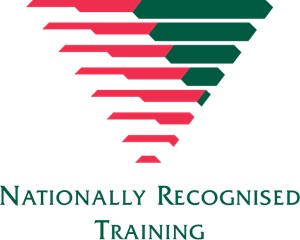

Priority Management is a Recognised Training Organisation (RTO number: 90911) and issues nationally recognised qualifications and statements of attainment.
Lead your team to success with industry-leading project management training
Achieve your goals, get more done and see your team thrive with our advanced project management short courses and qualifications.
Enrol TodayFrequently Asked Questions
Want to know more?
Browse our frequently asked questions, or get in touch with one of our friendly training experts today!
The best project management course will completely depend on your situation. For example, are you an executive looking at upskilling your project leaders or team? Or are you an individual looking at developing your experience and qualifications for future job applications?
We offer a wide range of short courses, workshops and nationally accredited project management qualifications to offer a complete solution for whatever you are hoping to achieve. If you're unsure which project management course is for you, your team or your business, contact us today, and one of our training experts will help you find what you are looking for.
According to the National Skills Commission, Project Management roles are in high demand all over Australia. In fact, the Project Management Institute released a study demonstrating that the need for project managers will grow by another 33% in the next 5 years.
The world is changing fast, and businesses need to continually grow, innovate and adapt. Skilled project managers are the leaders who can make change happen, come up with new ideas and implement them. As a result, the job prospects for project managers have never been better, making project management qualifications an appealing addition to your resume for any recruiter or employer.
The truth is, many people are finding themselves in jobs requiring project management skills that they've never been taught. The workplace is fast evolving to keep up with global change, and that has impacted many jobs, seeing many people thrown into project management roles with no experience or training.
If you find yourself in this predicament, you'll know that it is possible to be a project manager with no experience, but it isn't easy. The training and experience you'll get through our project management courses will give you the tools, skills, knowledge and understanding to tackle the project management elements of your job and make them a success. We will teach you methodologies and skills to make your team work better, help you achieve more, and do so by working smarter with less stress and time pressure.
Project management is a workplace skill that you need to invest in. Like learning anything, you'll have to study and involve yourself in learning the skills you need, but with the right trainers and materials, it doesn't have to be hard to learn.
Our trainers are highly experienced and have been teaching project management to businesses, companies and individuals all over the world for many years. We have developed courses that are engaging and full of high-quality materials to make your learning process enjoyable.
Your career path to becoming a project manager can vary depending on your industry and its qualification requirements. Some industries don't require formal qualifications, though they may help secure you a position over another candidate. Other industries may encourage formal qualifications.
We Pride Ourselves
We have been 40 years in Business and with over 2.2 Million participants and a lifetime membership, we are super proud of Priority Management.


